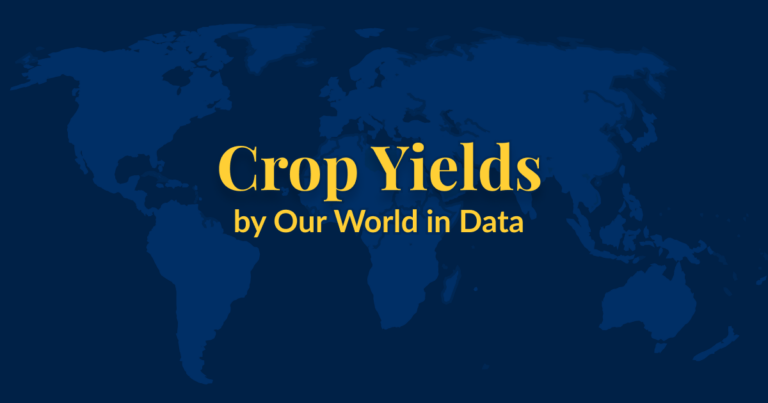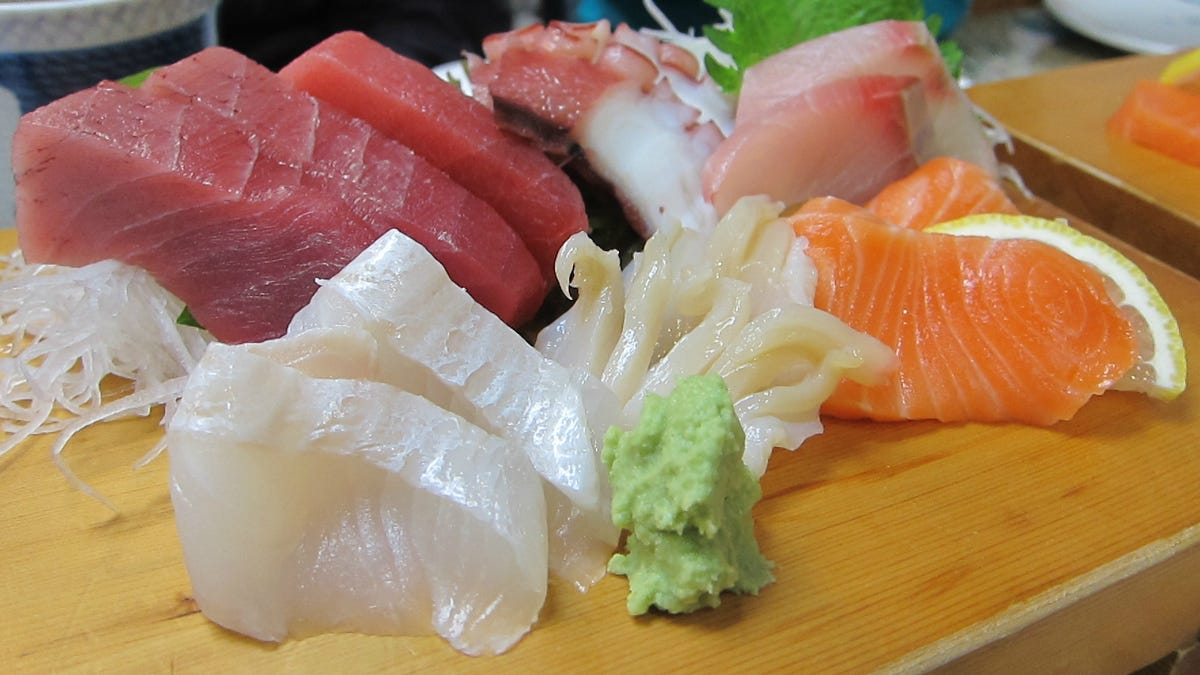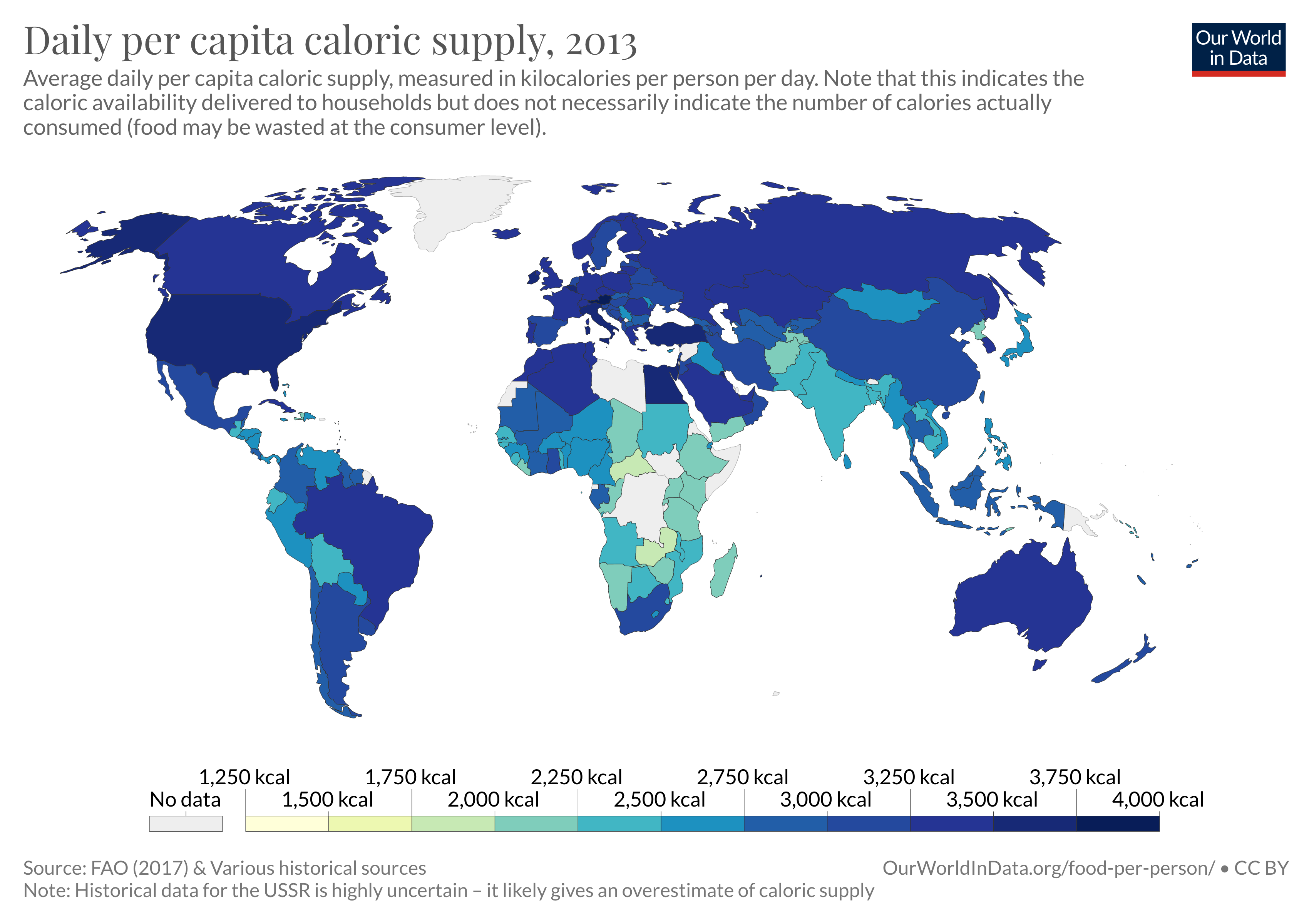Don't say global, when you actually are talking about your own Country only.
I said global because I meant global. Total food produced divided by total human population.
That situation doesn't change based on where I am.
It's not just the distribution, because overproduction in one place, often takes ressources from another.
Those are all aspects of distribution.
Take any so-called Third World Country and look at what they mainly produce.
They produce the ressources that they can sell for the most profit, TO YOUR COUNTRY!
I'm acutely aware of this.
Your reply was a living example of such ignorance.
You are mistaken. I simply wasn't talking about what you are talking about.
Flaws in economic policies, exploitation of developing nations, inegalitarian distribution (of both production and product), excessive waste, and yes, unsustainable agricultural practices...all contributors to the undeniable fact that huge numbers of people still go hungry. However, none of that changes that enough food is being produced and that even if sustainable production is the goal, production will increase.
My impression is that ArtiX is blaming evil capitalism (America in particular, I think) for the people in those developing countries not being able to afford the food that is being produced. Seems like a stretch to me, but perhaps he'll chime in with some details clarifying his position.
He's not wrong.
Long strings of totalitarian dictatorships and banana republics in much of the developing world, as well as the tacit support of wealthier nations for whoever can supply whatever as cheaply as possible, has left much of Central/South America, South East Asia, and most especially Africa, worse off, even as their productivity has increased. Countries with starving populations are frequently increasing their food exports faster than they are their food production.
In many ways, recent practices are just an unofficial extension of colonialism.
Right, and most of that was crawling out of the middle ages, and into modern production methods.
No it was not. Food production per hectare has increased more in each decade from 1940 on than from several centuries prior to the early 1900s.
'Modern' production methods are constantly evolving and stuff I learned less than twenty years ago is often quite outdated today.
Increasing crop yields is crucial to improve food security, living standards, and reduce human impacts on the environment.

ourworldindata.org
There are objective limits to what can be squeezed from an acre.
And, overall, we aren't anywhere near them.
And we will, as long as it's profitable to. It's just going to be a proportionally smaller fraction of food production as time goes on.
ANYTHING done in the ocean is going to be expensive.
Generally not as expensive as pasture, in terms of food produced per dollar, and prices are falling.
Not like the oceans are getting any cleaner either.
There are definitely negative sides to aquaculture, but improvements are being made in all areas, including environmental impact.
Agreed.
To what degree?
I don't think it's going to change much in the near future.
Beef production has been growing much more slowly than pork, poultry, or fish production for more than half a century, and this trend is not likely to change. Fewer people eating beef, and those people generally eating less beef, is the trend. Populations are still rising, as is average protien intake...it's just not going to be from ruminants because they are not efficient sources for most people.
The world is projected to produce a record 262.8 million metric tons of meat (beef, pork & chicken) in 2017. If realized, this will be the most meat produced in history.
beef2live.com
If you can't catch 'em, grow 'em.

qz.com
What does the ideal aquatic food system look like? For starters, it would be able to provide sufficient aquatic food for our growing population in a sustainable way.Check out the @FAO interactive story to learn more: https://www.fao.org/state-of-fisheries-aquaculture/en/

www.fao.org
Seafood farming in the ocean—or marine aquaculture—is the fastest growing sector of the global food system, and it shows no sign of slowing. Open-ocean farms have vast space for expansion, and consumer demand continues to rise.

phys.org
Population growth since the 60s:
Global food production has increased faster.
How had the availability of food changed over time? How does food supply vary across the world today?

ourworldindata.org






